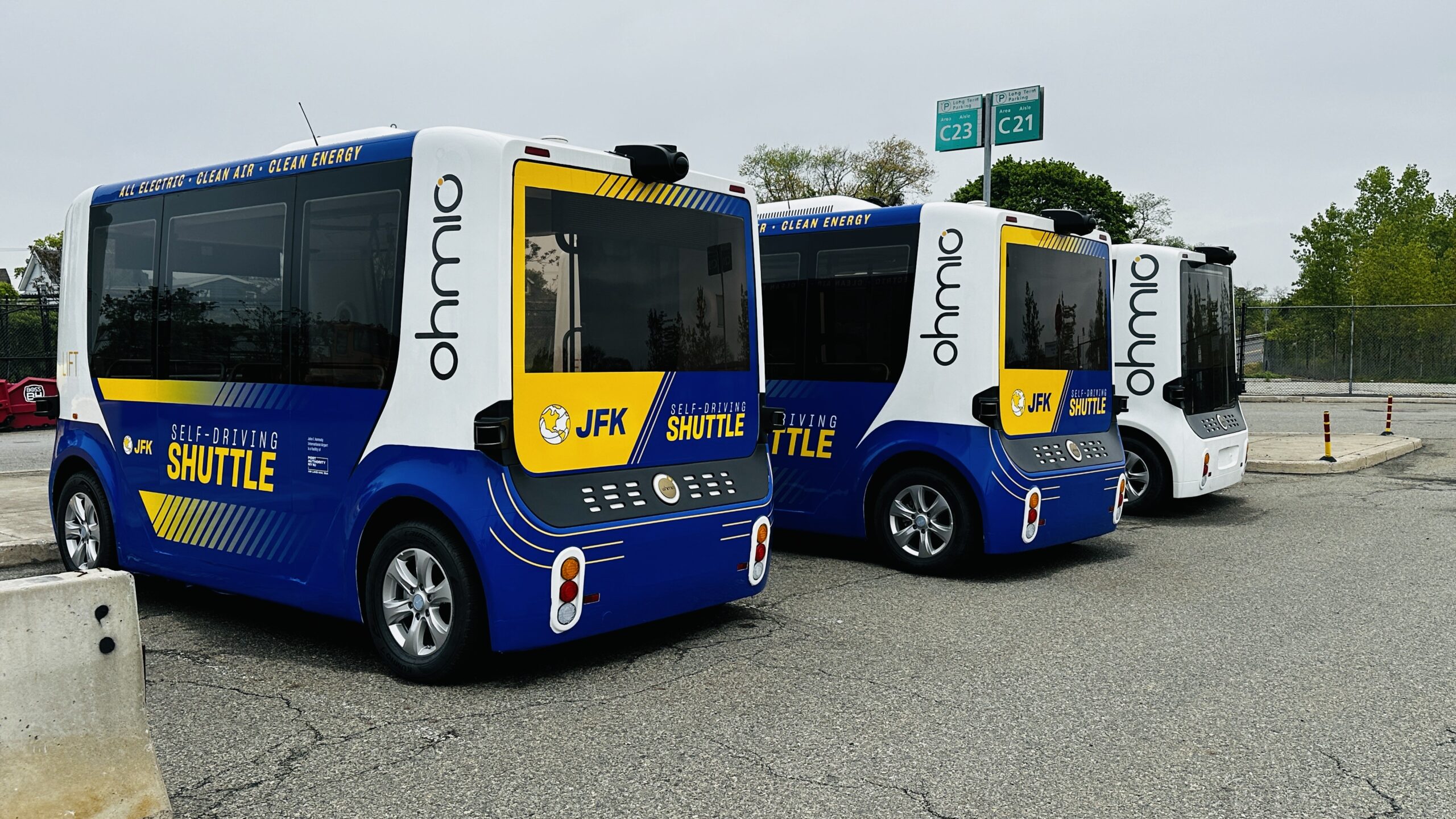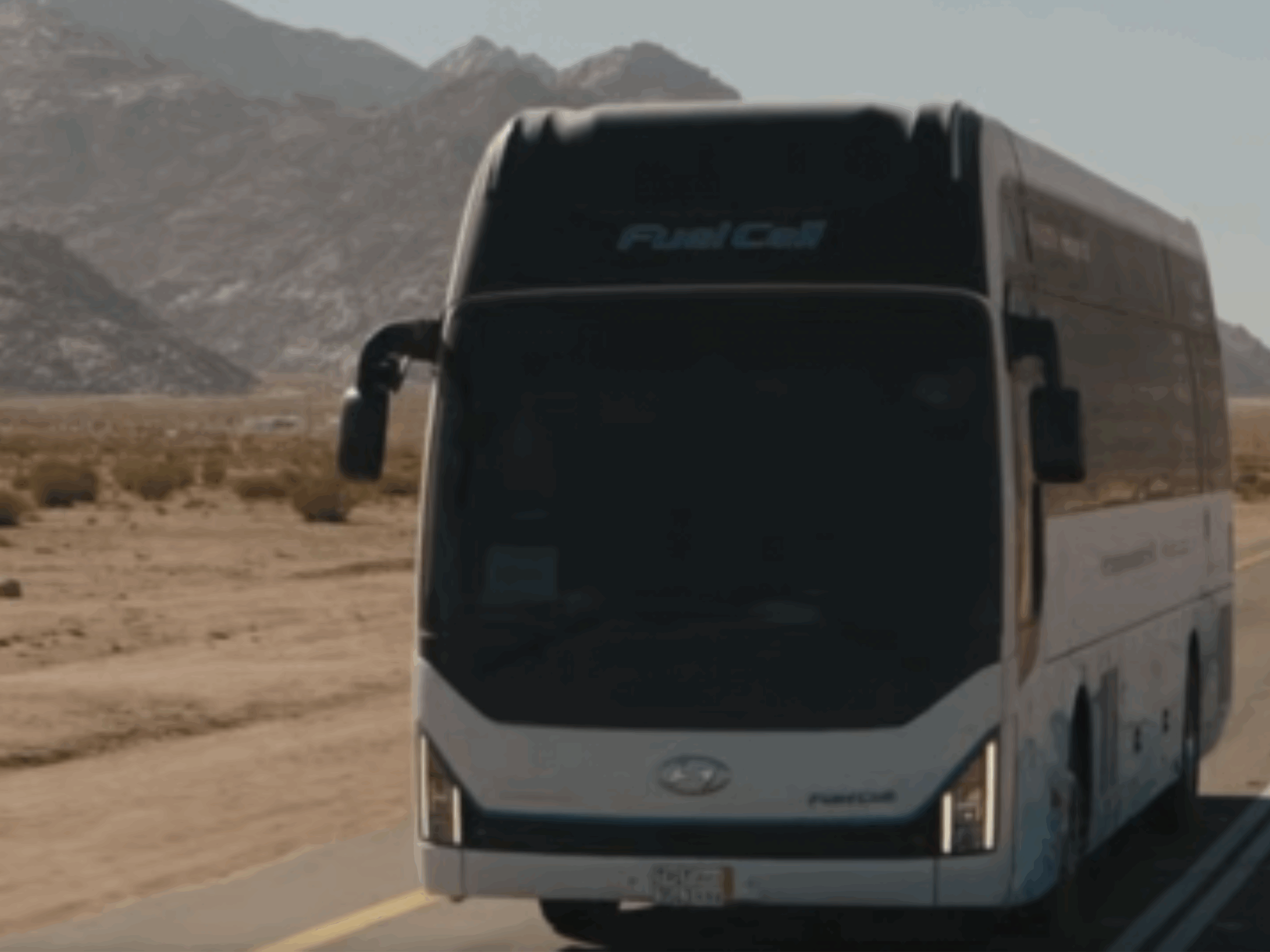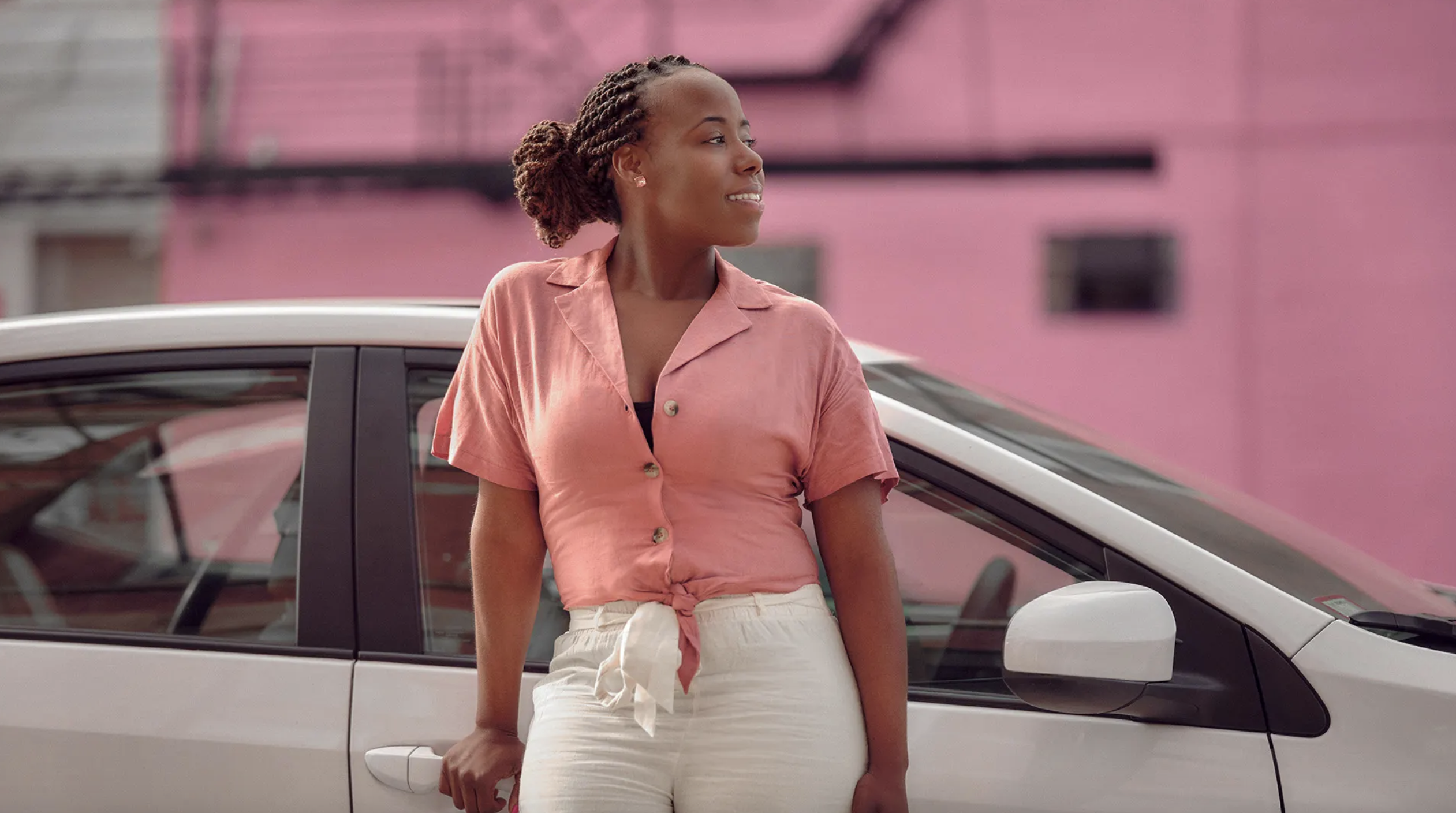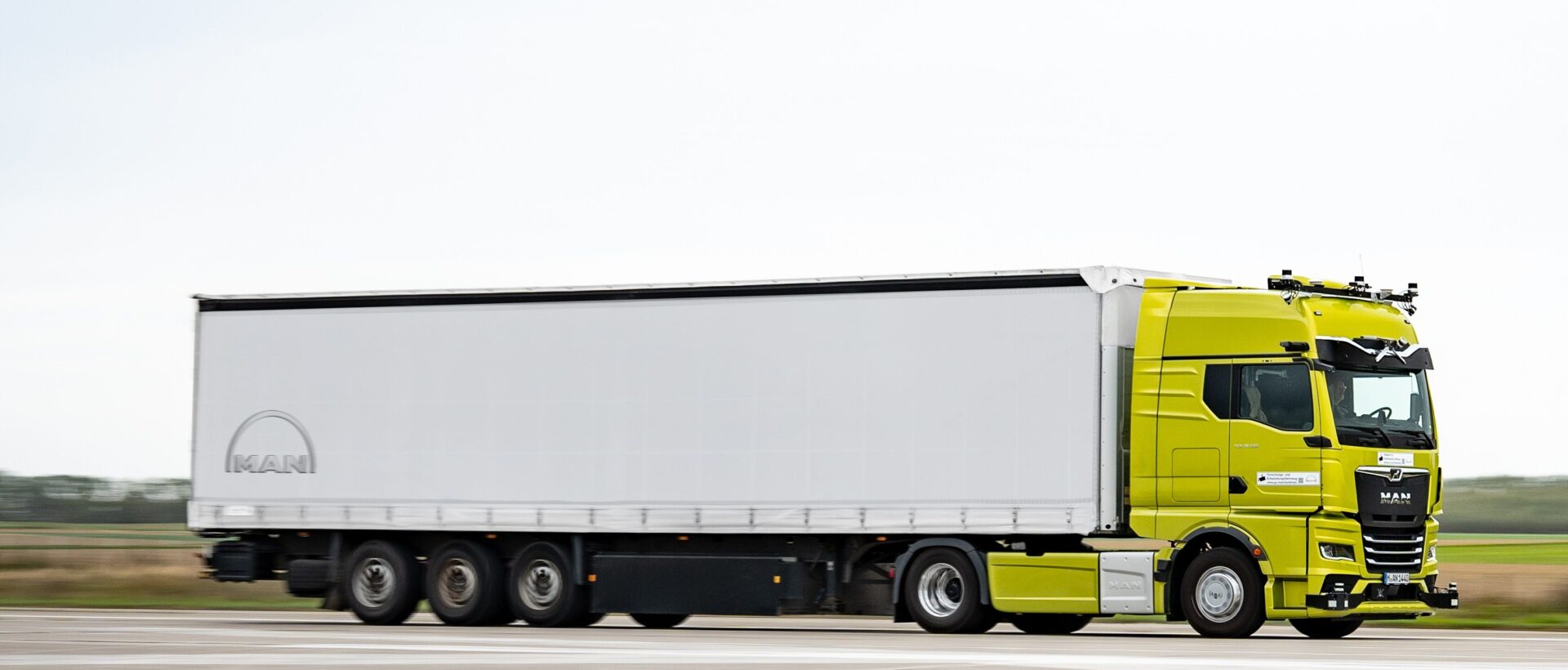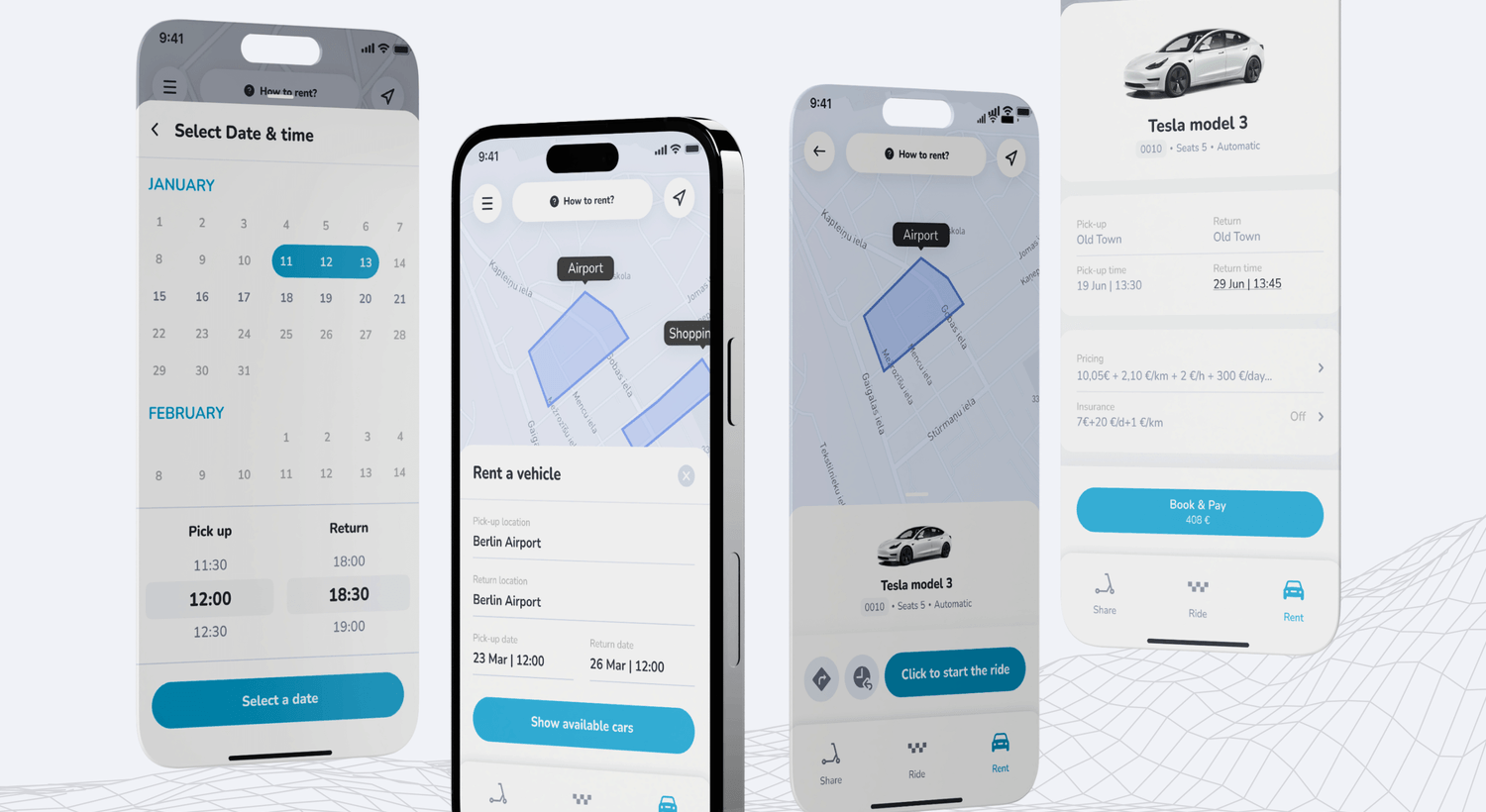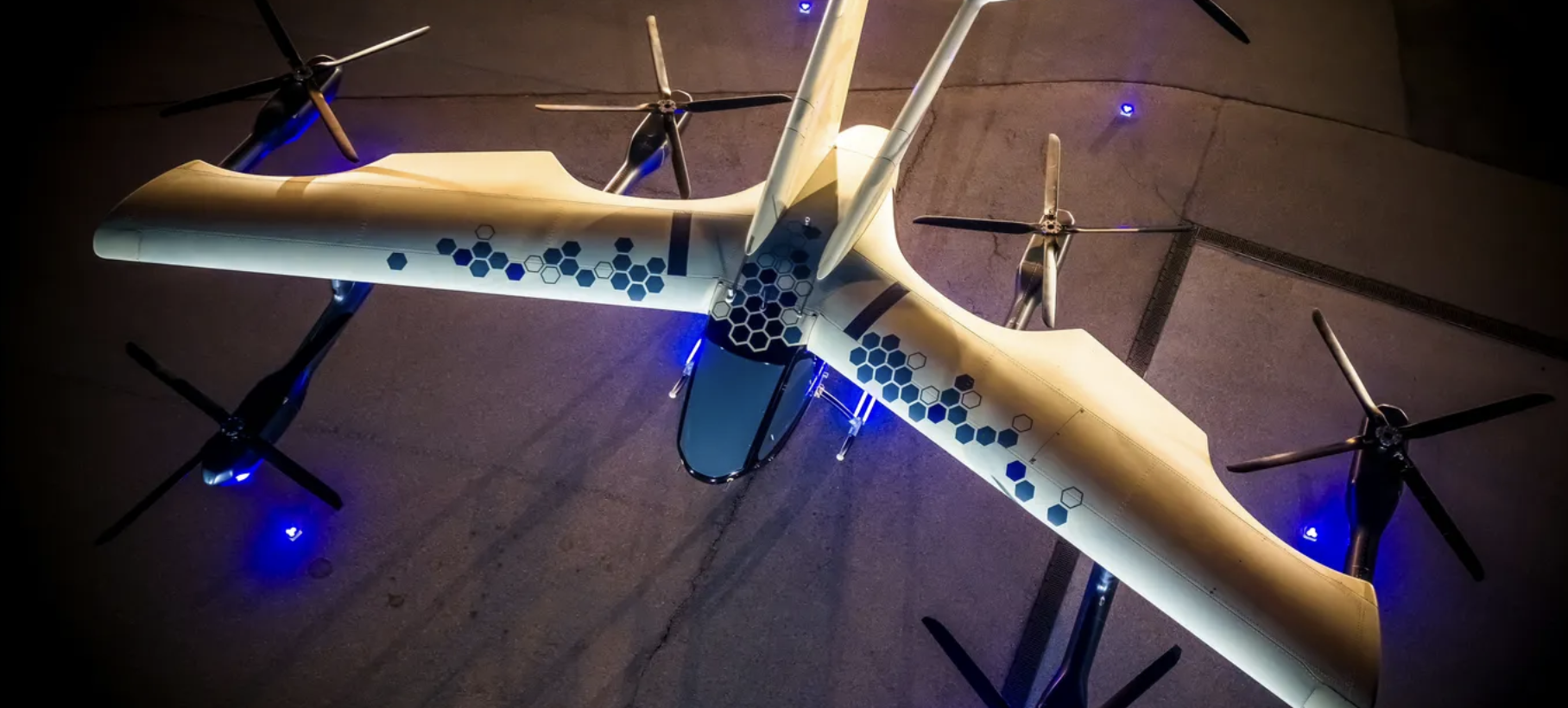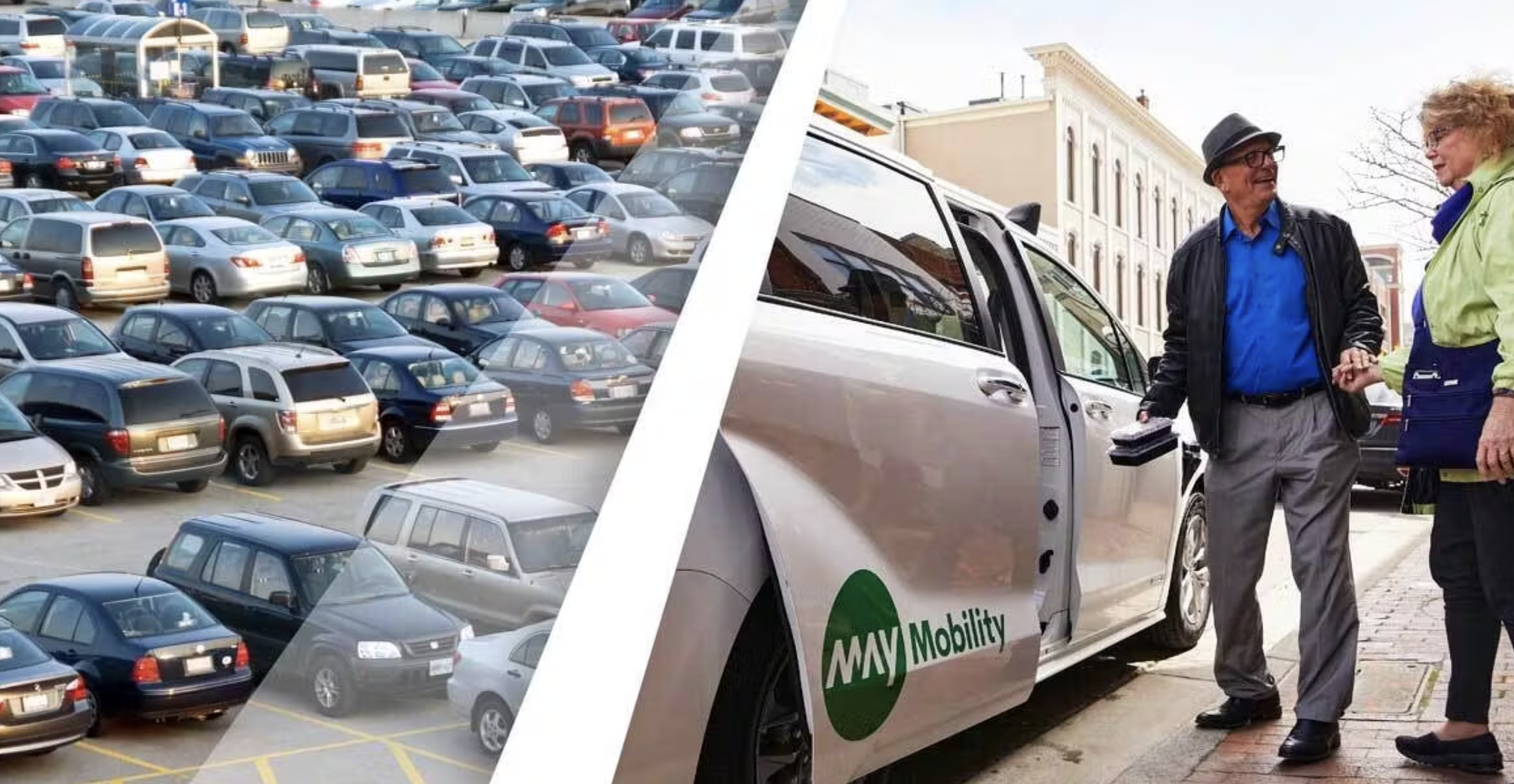Deutsche Bahn is commencing its SMILE24 public transport project in rural areas of the Schlei and Baltic Sea region in Germany.
From 29 March, the project will roll out additional bus lines, shuttles, shared cars and shared bikes to provide a 24/7 service. This aims to be Germany’s most extensive local transport service in a rural area, enabling people to travel conveniently without owning a car.
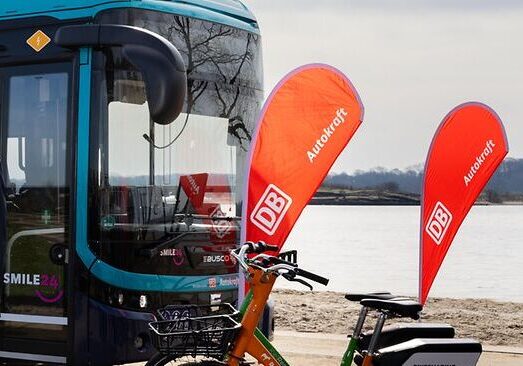
Transport and Tourism Minister Claus Ruhe Madsen said:With SMILE24, a promise of mobility in rural areas is being fulfilled for the first time, namely being mobile around the clock without having to own a car. This is unique in Germany! For all residents of the Schlei region and also for its many visitors, local transport is now becoming a real go-anywhere option.
The SMILE24 project is supported by federal funds. It will serve around 120,000 people in the Schlei and Baltic Sea region.
Specifically, it will include modern electric buses operating on new express routes between the regional centres of Schleswig, Eckernförde and Kappeln. Meanwhile, tourism lines will connect sightseeing spots and beaches.
These buses will run on 100 percent green electricity and will allow riders to take bikes onboard to further encourage sustainable travel.
In addition, an on-demand NAH.SHUTTLE service will be available 24/7, serving a dense network of around 3,600 virtual and real stops. This will help users connect to other means of local transport.
Evelyn Palla, Board Member for Regional Transport at Deutsche Bahn AG said:This is local transport of the future: with modern electric buses and 3,600 virtual stops for our shuttles, we offer our passengers environmentally friendly door-to-door mobility. In this way, we are continuing to advance the topic of integrated everyday mobility. We want to implement what is starting today in Schleswig-Holstein in other regions nationwide.
Alongside providing fixed route an on-demand bus services, the SMILE24 project also includes green and orange shared bikes that can be rented and returned via an app at more than 50 stations in the region.
Furthermore, the region’s car-sharing offering is being extended. This allows drivers to rent electric cars from fixed locations, equipped with their own charging stations.
Together, these services hope to form a Germany-wide model for mobility in rural areas.
Dr. Wolfgang Buschmann, district administrator for the Schleswig-Flensburg district said:The SMILE24 project is testing a new form of public mobility in rural areas that will transport people in a way that meets their needs, sustainably and comfortably. In this successful formula lies the hope of a good contribution to the climate and a blueprint for rural areas.



